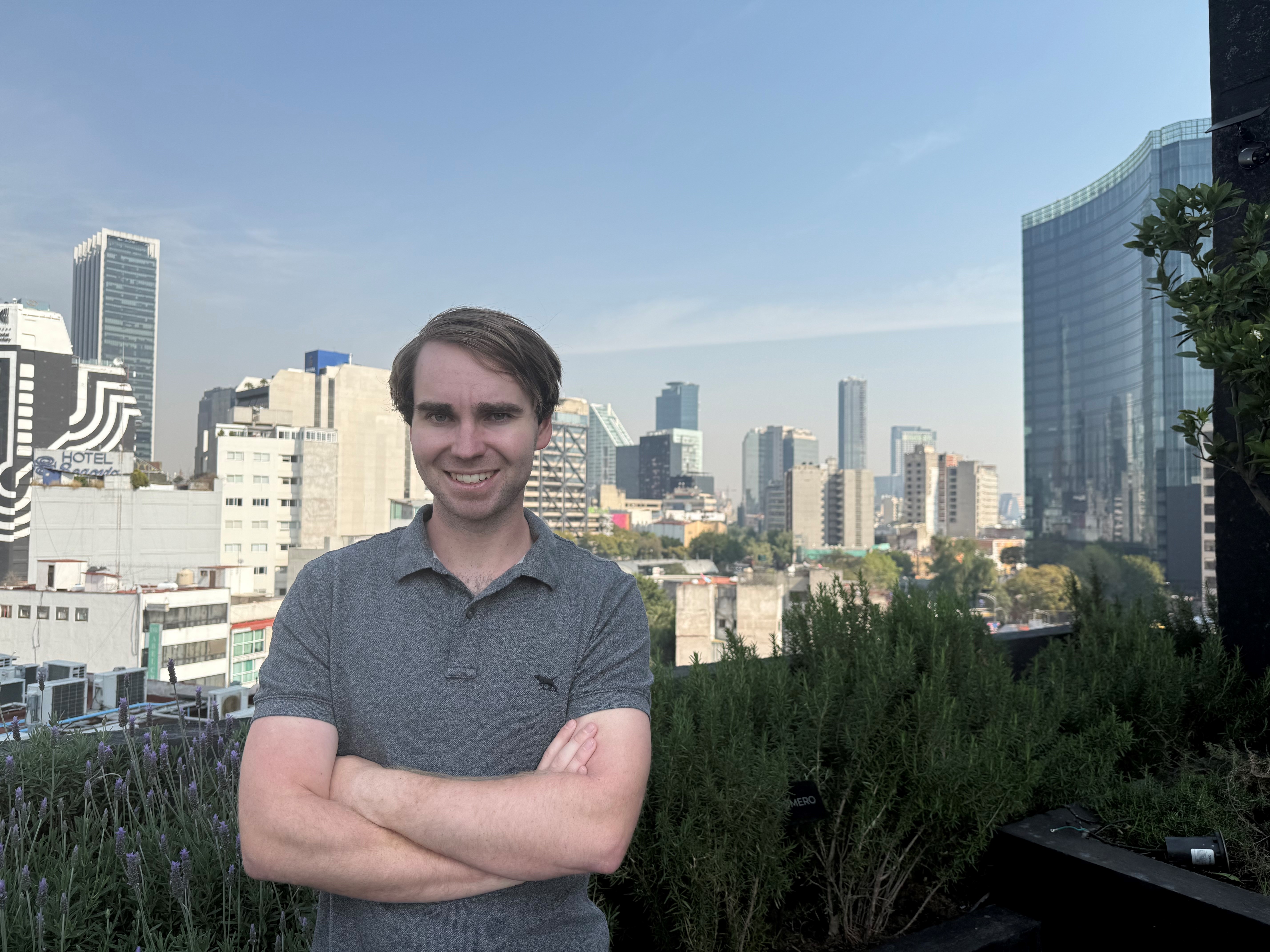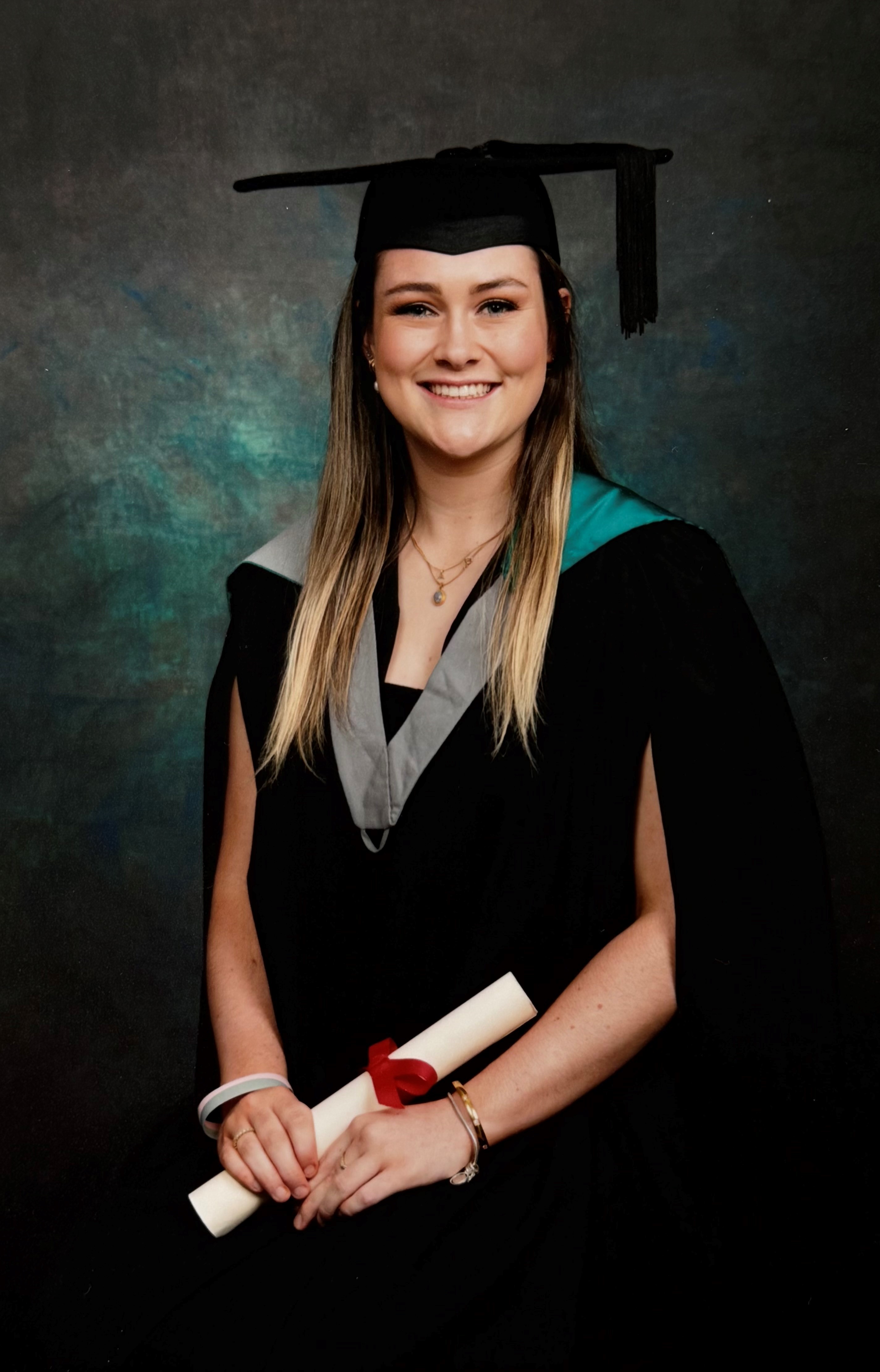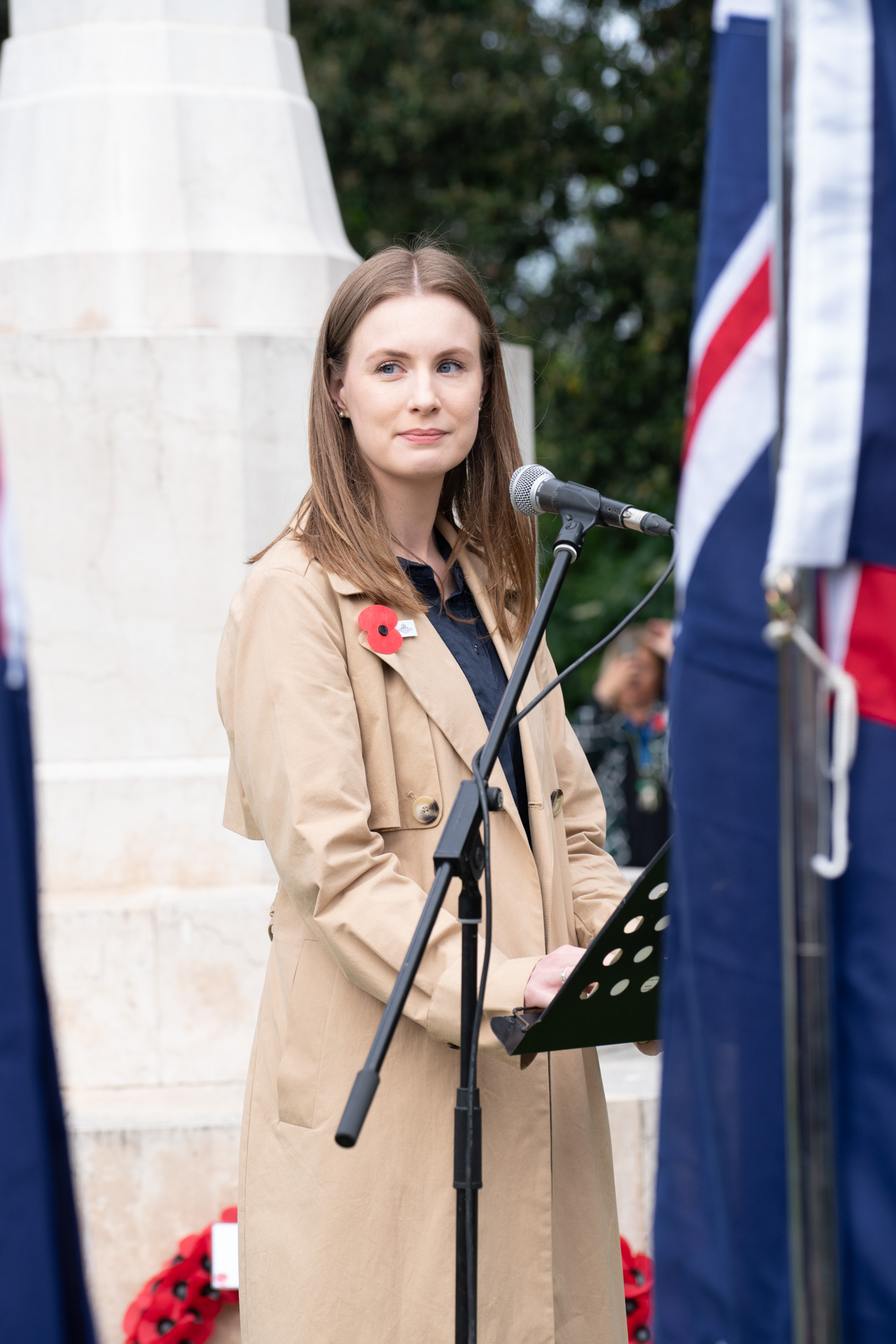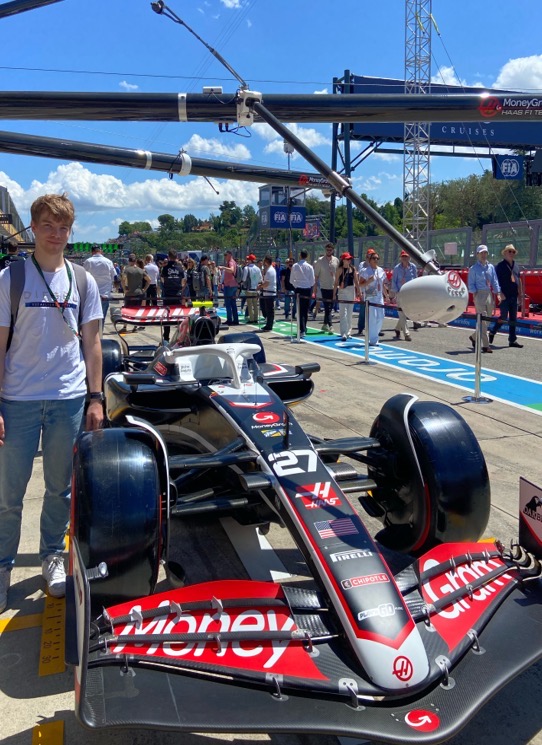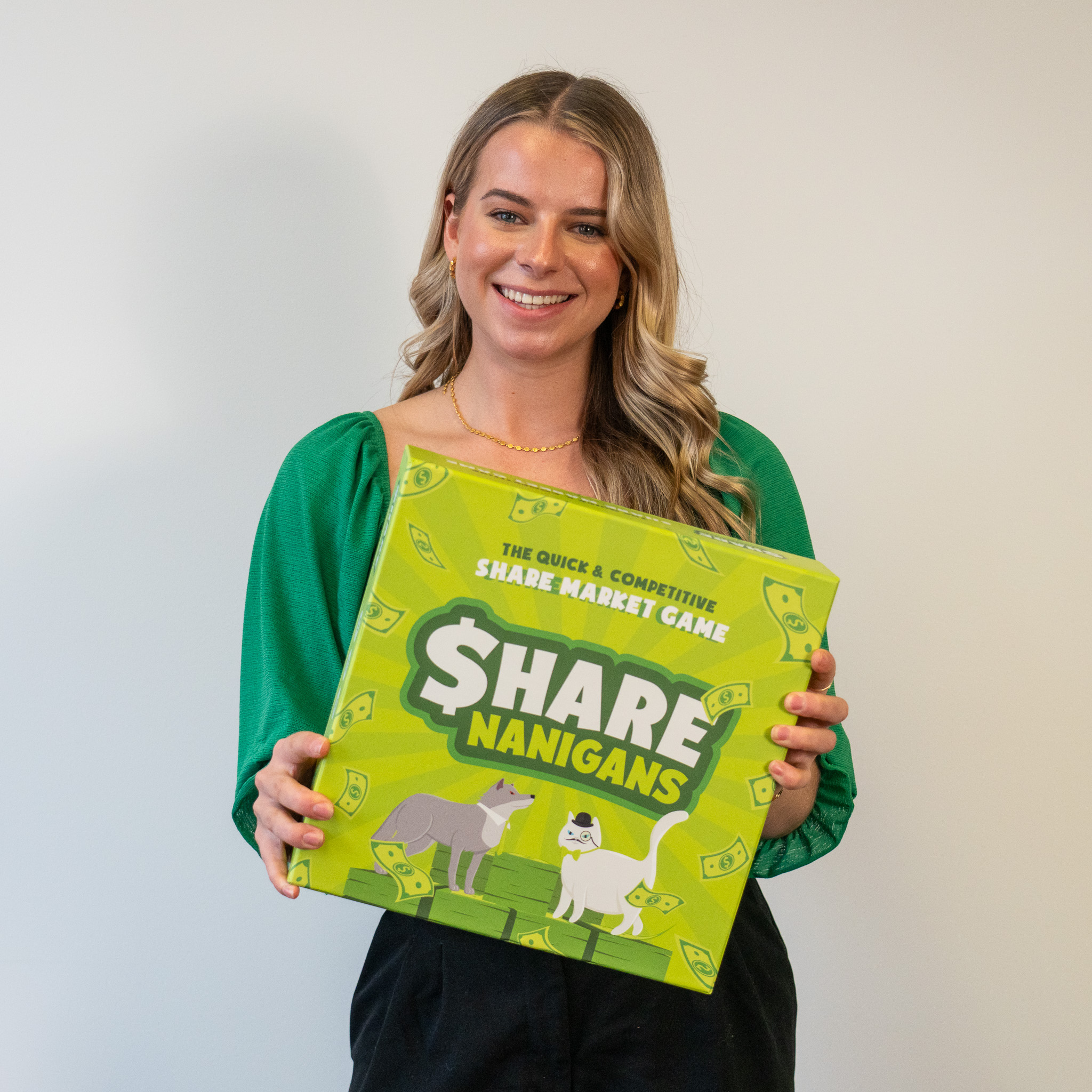Can you tell us a bit about your journey since graduating from UC with your BCom and LLB? What are you up to at the moment?
I finished my studies in semester one, 2019, and then went on to further study at the Institute of Professional Legal Studies (IPLS). I had the opportunity to do a Tupu Tai 2019/2020 summer policy internship at the Ministry of Business, Innovation and Employment | Hīkina Whakatutuki (MBIE) in the Trade and International team. This led to me entering the MBIE Graduate Advisor Programme in the Science Policy team, which saw me dealing with stewardship of the research, science and innovation system. I graduated from the programme and decided to stay in Science Policy as a Policy Advisor!
What drew you to study your subjects in the first place?
I chose law and accounting so I could follow either as a career path and having both could give me an edge in whatever job I finally chose. Turns out I didn’t choose either! I liked the range of skills I learned from each degree – for example interpreting precedent in law and doing financial analysis in accounting, while also being able to draw on the overlaps between the two, e.g., tax accounting.
What experiences or skills learned from your UC experience have stuck with you or influenced you the most?
The main thing that has stuck with me was the value of having a study group. I couldn’t have gone through my studies, especially in law, without being part of a wide study group that pooled notes, studied together, and spurred each other on! It taught me the importance of balancing healthy competition with generosity and kindness, because any help I gave, the group reciprocated to me many times over.
I also learned how to hone my skills in synthesising and expressing information. When you have limited time and words, it becomes important to use only the most relevant pieces of information. It’s something I’m still working on, but analysis of legal cases and literature, and the emphasis on clear and concise writing in accounting really helped me prepare for work in policy.
You were involved with the Pacific Development Team (PDT) while studying – can you tell us about the work and initiatives the team has at UC? What sorts of things did you get up to with them?
The PDT has several roles – pastoral care, holding events, outreach, and embedding the UC Pasifika Strategy. I worked with them from my first year and attended the Pacific orientation and student events. I had a wonderful first-year mentor, Julia Arnott-Neenee, who is now an amazing Pacific leader in tech! I became a mentor myself and helped out at events, tutored for the UCMeXL programme that runs over secondary school holidays that brings in students from across Ōtautahi in a fun learning environment and familiarises them with the UC campus. I was also lucky enough to graduate in the Pasifika Graduation event!
What advice do you have for students who have recently graduated and are entering the workforce?
My advice is to treasure your own time and be clear with your workplace about time commitments. A lot of grads are told that to succeed you need to fully devote yourself to your job. For some, this may work, but it often causes burnout. It also means that the burden for a lot of emotional and/or cultural labour can fall on women and people of marginalised genders, Māori, Pacific peoples and other historically marginalised ethnic and cultural groups, disabled peoples – and those who sit at the intersections between groups. This is a structural problem, so it cannot be dealt with just by individuals advocating for working their contracted hours, their right to enjoy themselves outside of work, and be able to rest. However, advocating for yourself can help you have a sustainable work and home life, and allow others to advocate for themselves as well.
My other advice – specifically to Tangata Tiriti/tauiwi/non-Māori – is to keep learning about Te Tiriti o Waitangi/ the Treaty of Waitangi and how it applies to your work. Te Tiriti is relevant to both public and private sector work, as our society takes a more expansive view of how its wording, intent, and practice applies to how we work and live in Aotearoa New Zealand. I took the Treaty Settlement Negotiations paper as part of my LLB and it has helped give me a base to expand on in my policy work.
2022 UC grads will have benefitted from the shift UC has made towards making its qualifications and courses more Te Tiriti and cultural competency aligned. Making the effort to keep up your knowledge and application of Te Tiriti also acknowledges that many of us in the workforce will move around in many jobs, so we need this depth and breadth of knowledge. It is also part of not placing the responsibility solely on Māori workers to ensure the workplace practices align with Te Tiriti.




